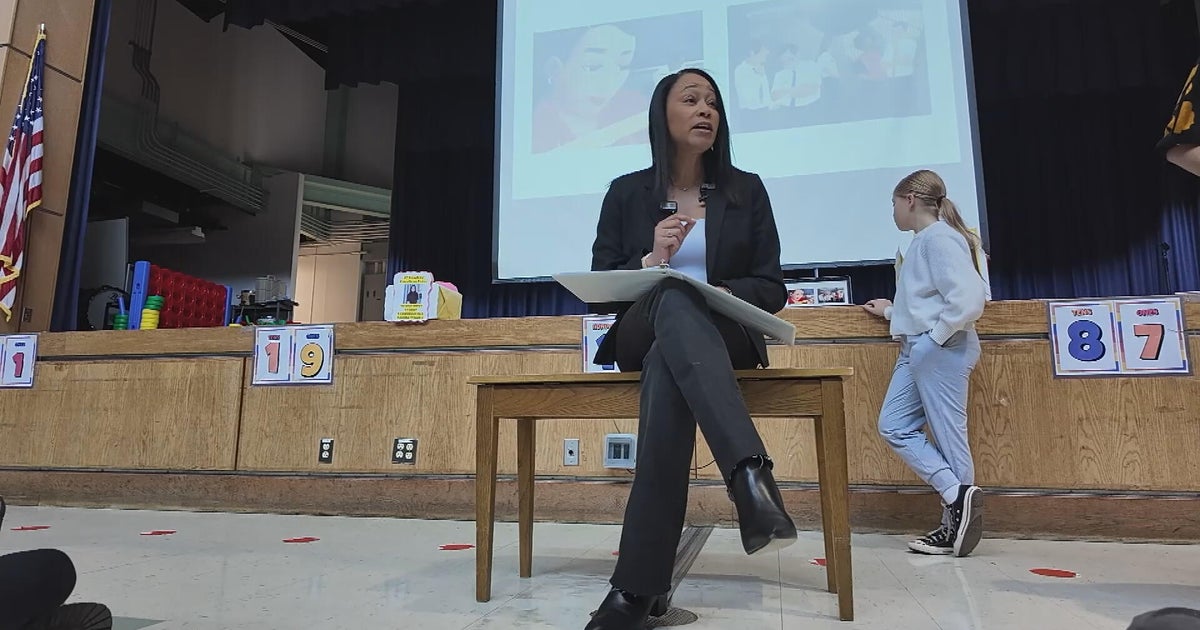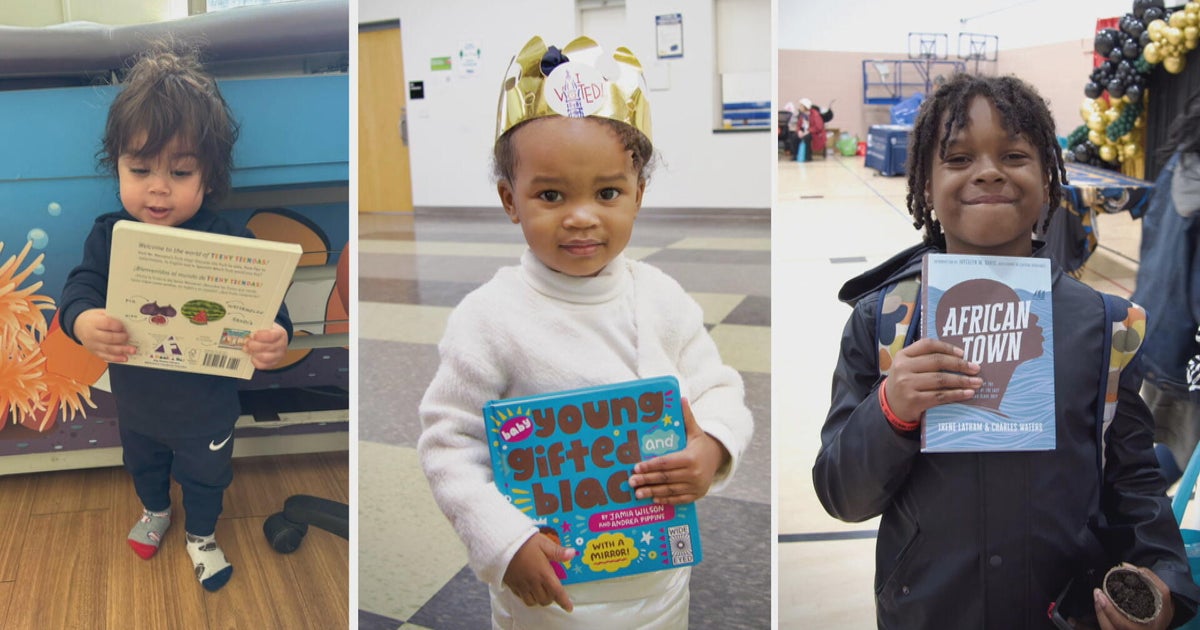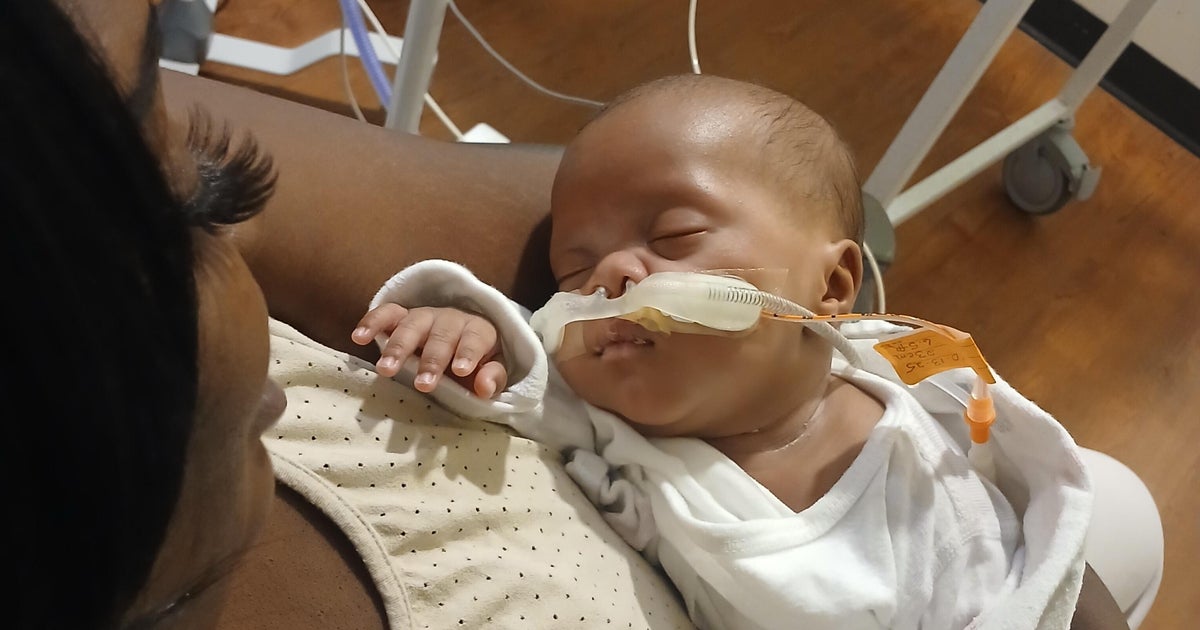Local Entrepreneur-Scientist Develops Google Glass Program For Kids With Autism
CAMBRIDGE (CBS) - For the estimated one in 68 American children now born with disorders on the autism spectrum, technology could be a powerful tool. And, if Cambridge-based entrepreneur-scientist Ned Sahin has his way, kids will be able to harness the intuitive power of Google Glass to navigate the world in a way that makes sense.
For a little more than a year, Sahin and his employees at Brain Power have been developing programs for Google Glass that encourage kids with autism to make eye contact, engage in conversation and more easily read social situations.
For example, in one program, a child looks through the tiny lens to see the person he or she is looking at. Next to that person's face is an icon that illustrates his/her feeling. It offers an "assist" to help the child read the situation. A child looks through the glass to see his smiling mother and, next to her face, sees an image of a smiley face. The child comes to recognize that expression as one of joy and can react appropriately.
Another program builds on that by asking the child to choose what the other person is feeling from two icons that appear in the glass. Choosing correctly earns the child a point. Encouraged by the "game" the child continues to engage. And, at the end of the day, both parent and child can see how often he/she guessed correctly.
Sahin's team has created programs to help with language, too.
Now, they are excited to enlist more families in the beta-testing of their product and as members of their advisory council.
"I wanted to do something that would impact people in their daily lives," Sahin tells WBZ-TV's Lisa Hughes. "There was a huge unmet need here. It was staggering when I realized how little progress we've made in autism…Parents tell me, 'I just wish my child could look me in the eye. I wish my child could understand what I'm thinking…what I'm feeling.' And we're giving them that."
Unlike an iPad, which requires a user to look down, Google Glass encourages a child with autism to look up. Making eye contact can be difficult for kids on the spectrum. Google Glass keeps them looking out at the world and interacting with people. In addition, Google Glass has a built-in motion detector. It can sense every time a child looks at the person who's talking and keeps track, so that—at the end of the day—a parent can see how many times the child looked toward a person who called his or her name.
"It's transformative," Sahin beams.
He anticipates a child using Google Glass the same way he or she might take any kind of lesson. It could be used for a few hours a day with the goal that, eventually, a child would not need as much help.
"That's the beauty of this device, "says autism specialist and author of "The Autism Revolution," Dr. Martha Herbert. "It tracks multiple things over time so you can get real data about how things are improving"
"[It] also monitors heart rate and stress levels, all things that are relevant to how stressed or how comfortable a person his," she said.
Herbert appreciates how much parents want to improve the world for their children. She describes Sahin's programs for Google Glass as a "technological nudge that's perfect."
Right now, Brain Power is working to patent its programs. It hopes to roll them out in the next year to 18 months—first in New England and then around the world.
For more information on Brain Power's programs for children with autism, visit www.brain-power.com
MORE LOCAL NEWS FROM CBS BOSTON







